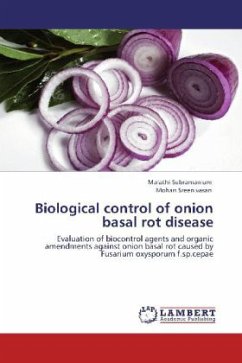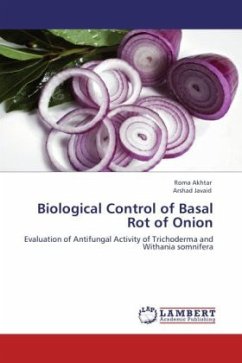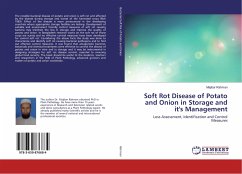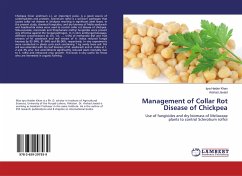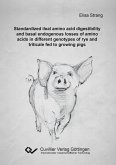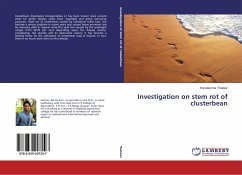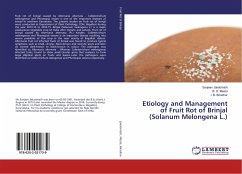Onion (Allium cepa L), a popular vegetable all over the world, has great economic importance due to its medicinal as well as dietetic values. Basal rot disease caused by Fusarium oxysporum f. sp. cepae is one of the most destructive soil-borne diseases of onion that causes important yield losses in all growing areas of the world. The causal organism infects the basal stem plate of the bulb and eventually kills the entire plant through degradation of the basal plate. Synthetic pesticides are generally used to combat this menace. However, these agro-chemicals are responsible for toxic residues and the development of resistance in pathogens. Many recent studies show that natural compounds of plants can be used as alternative to synthetic chemicals for the management of plant diseases. The present study was, therefore, designed to evaluate the antifungal potential of Chenopodium album for the management of F. oxysporum f. sp. cepae. This book is especially useful for those who are interested in organic farming.
Bitte wählen Sie Ihr Anliegen aus.
Rechnungen
Retourenschein anfordern
Bestellstatus
Storno


